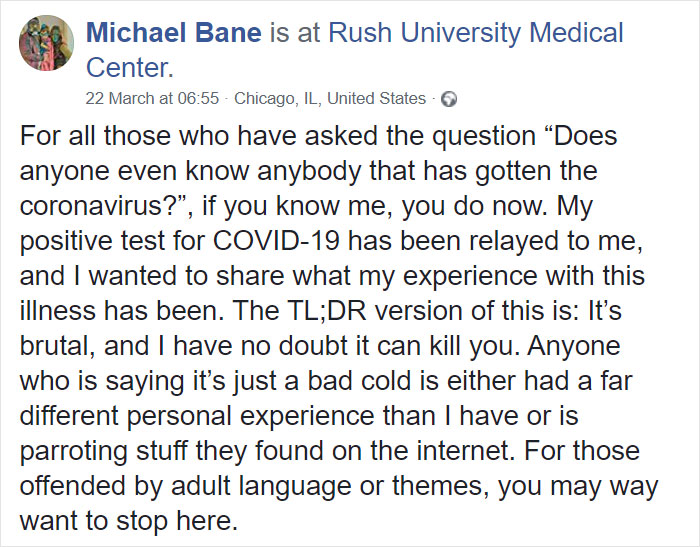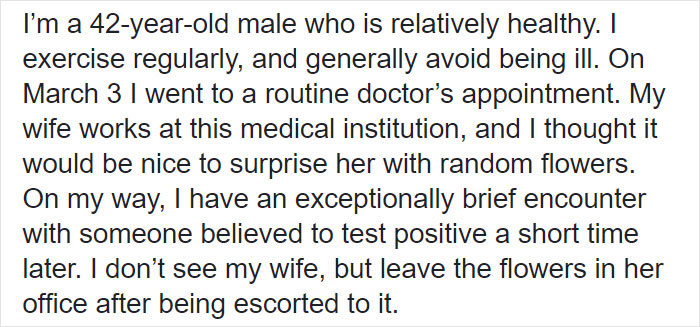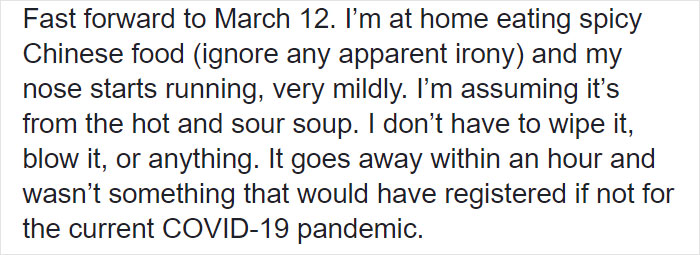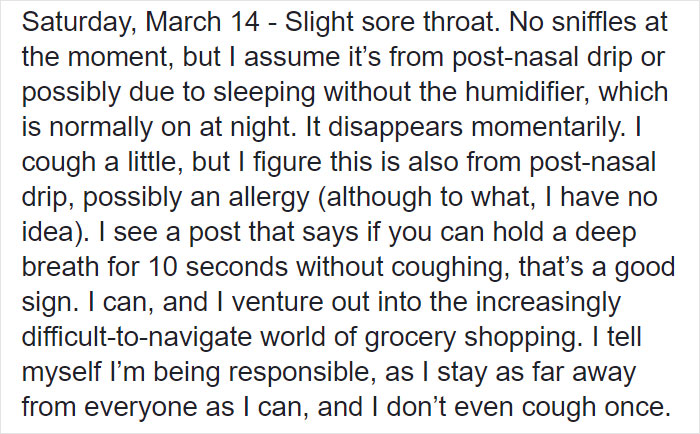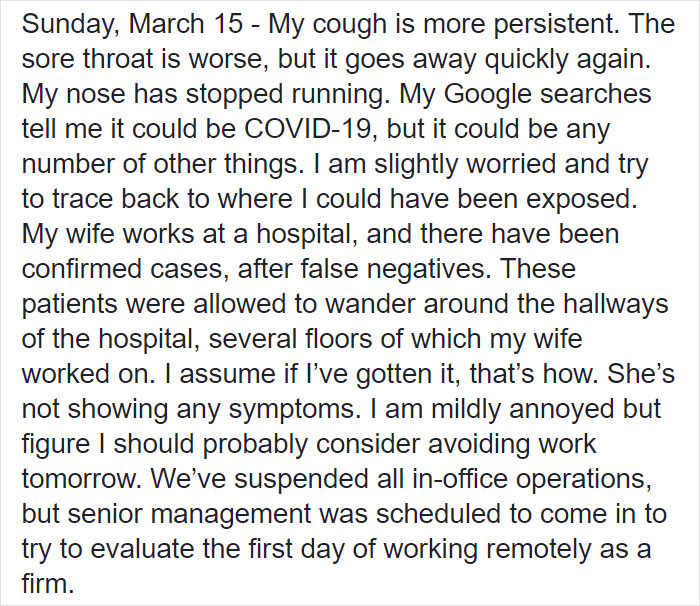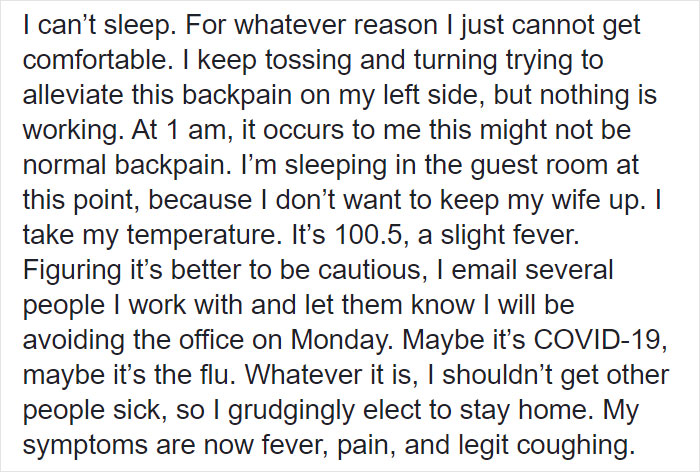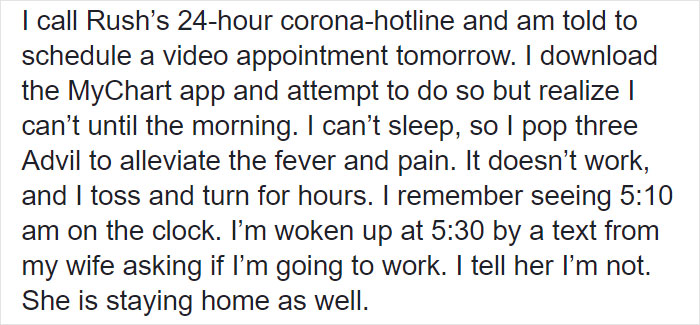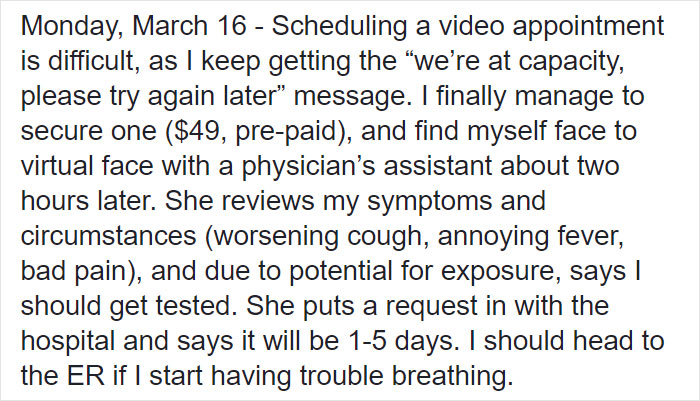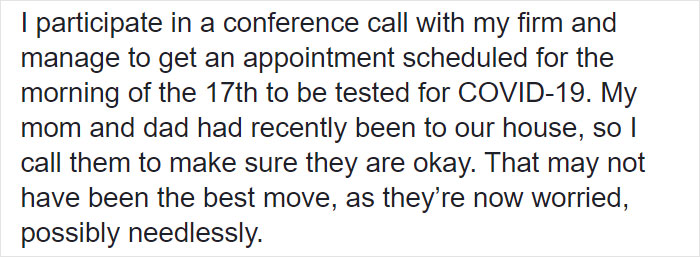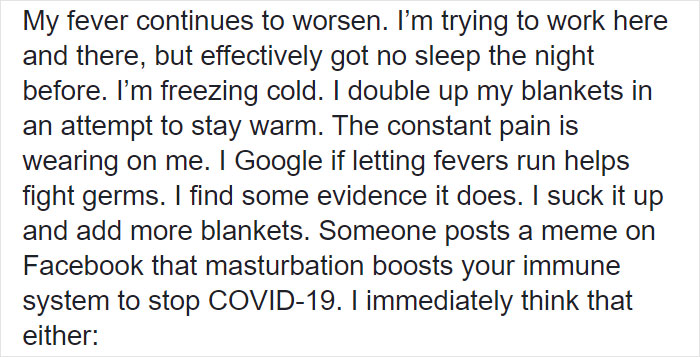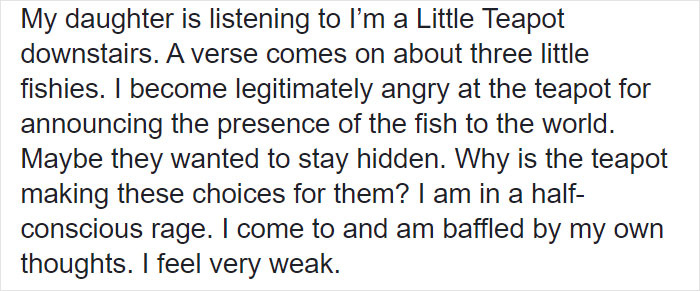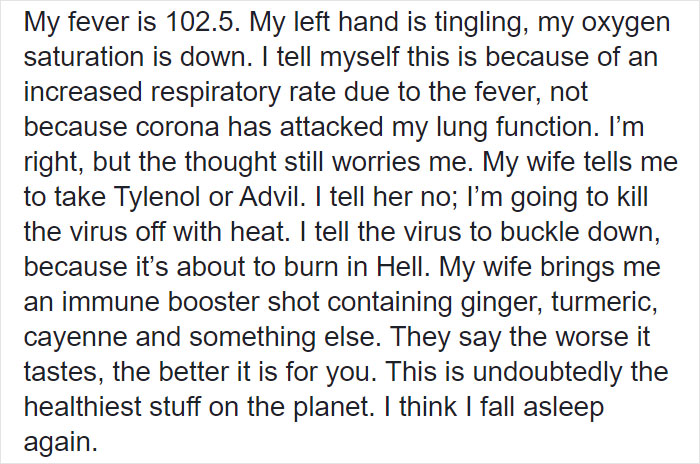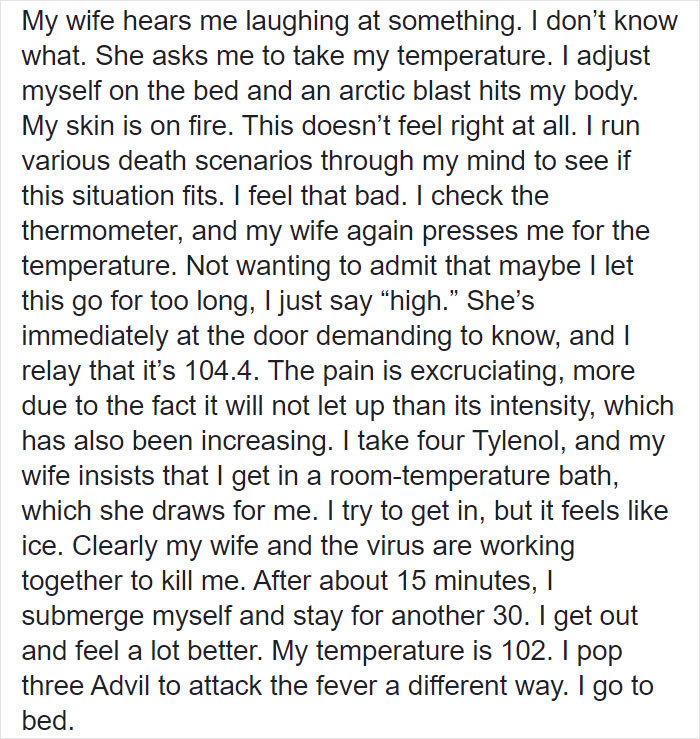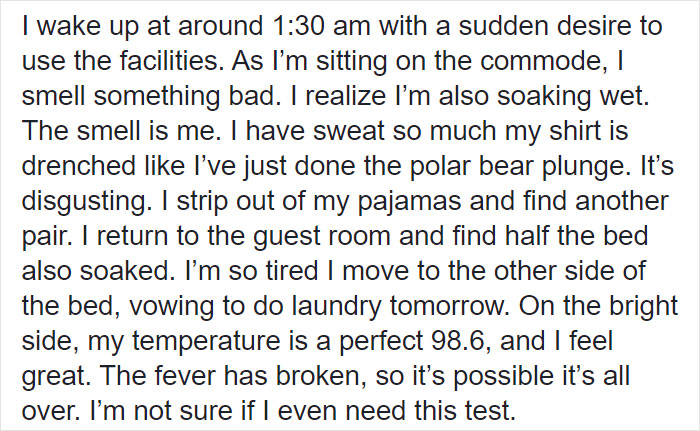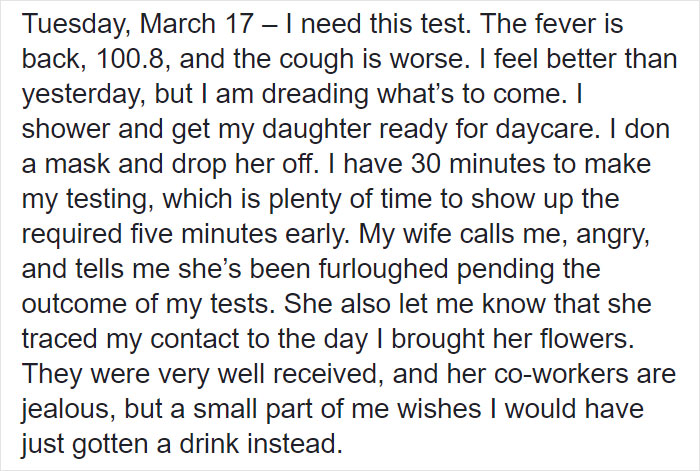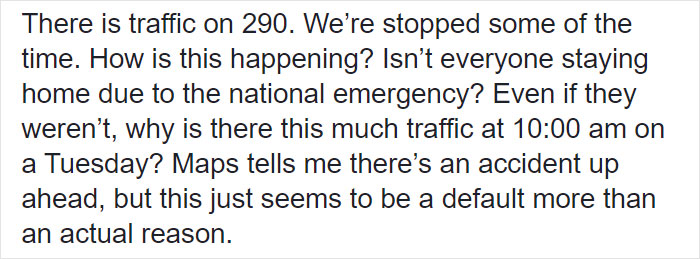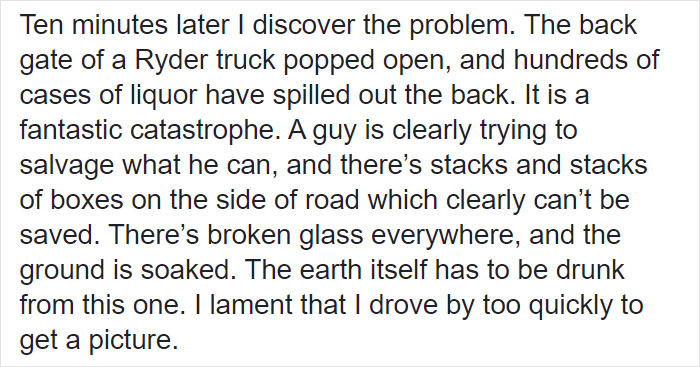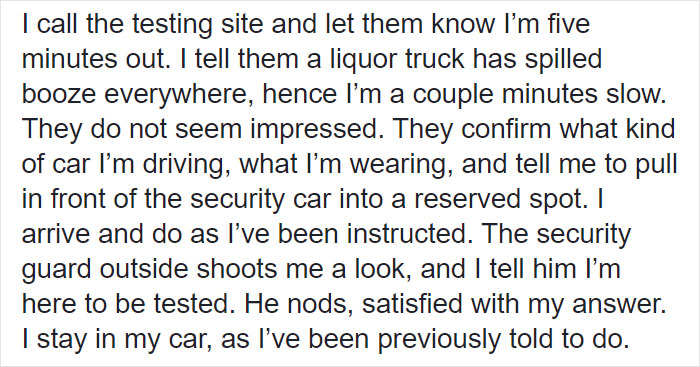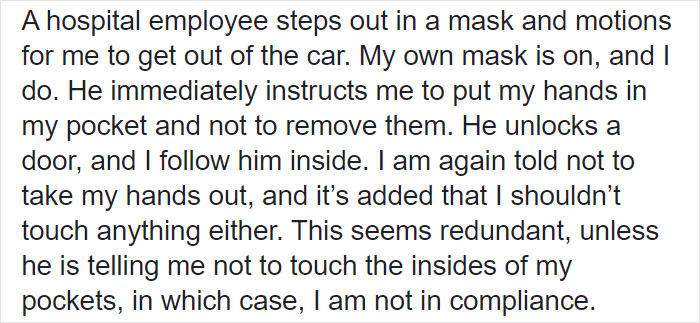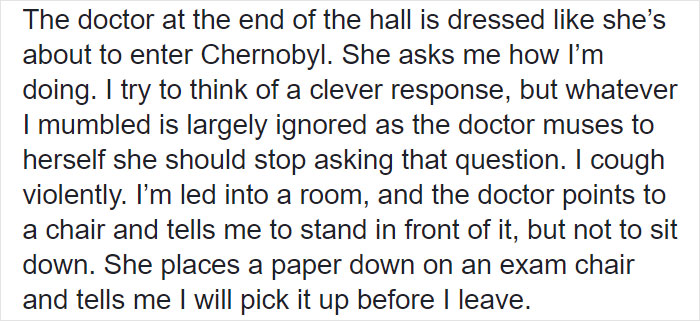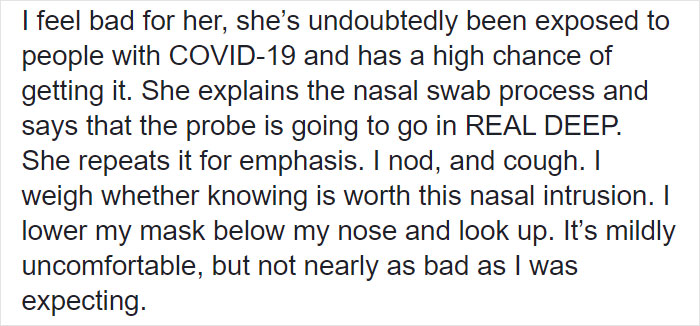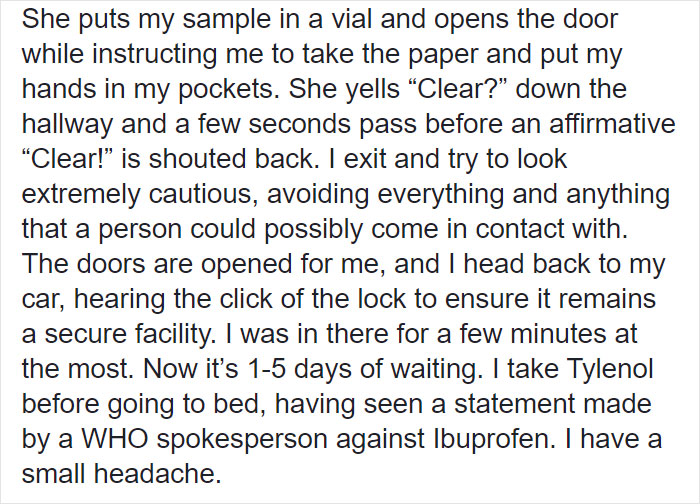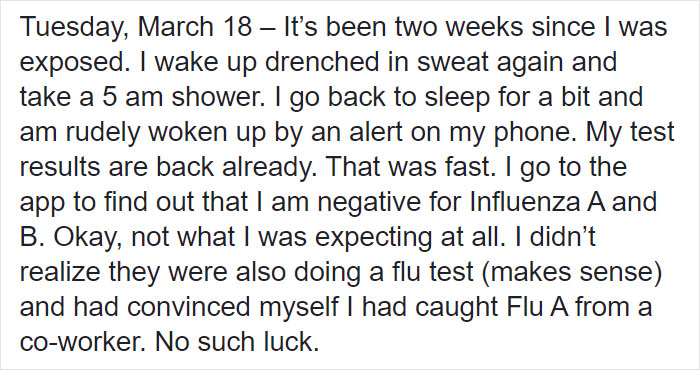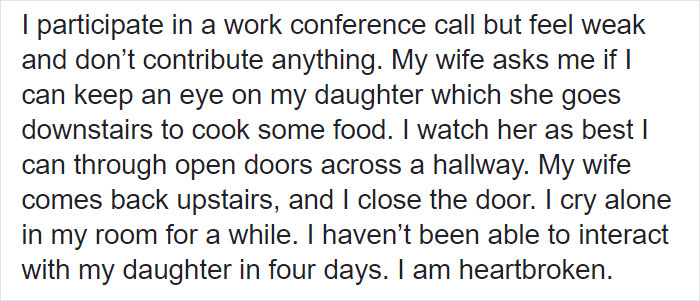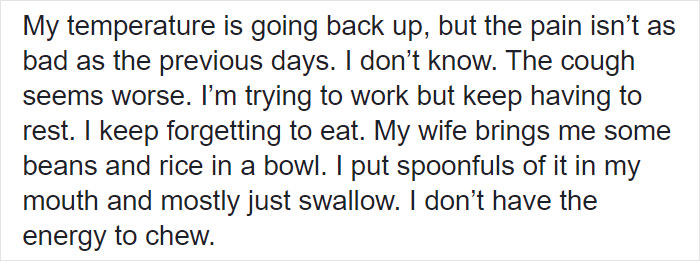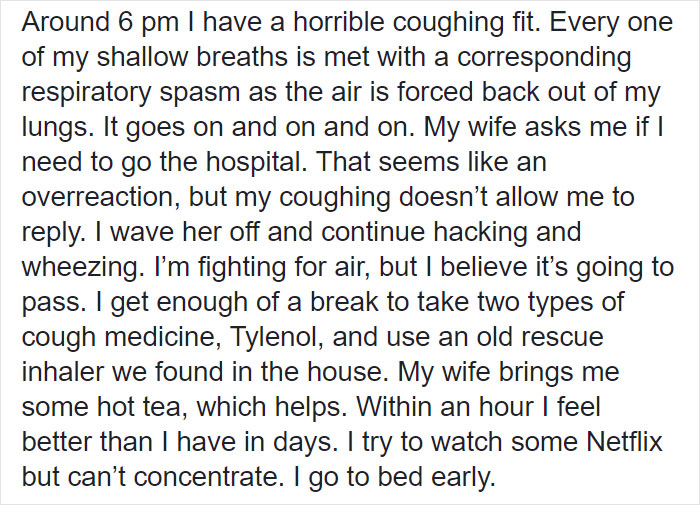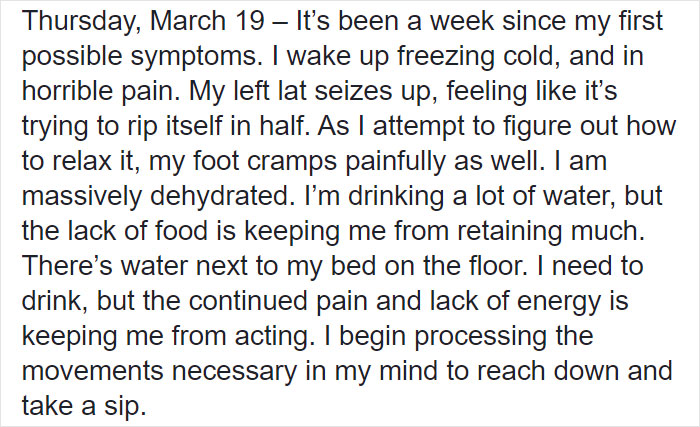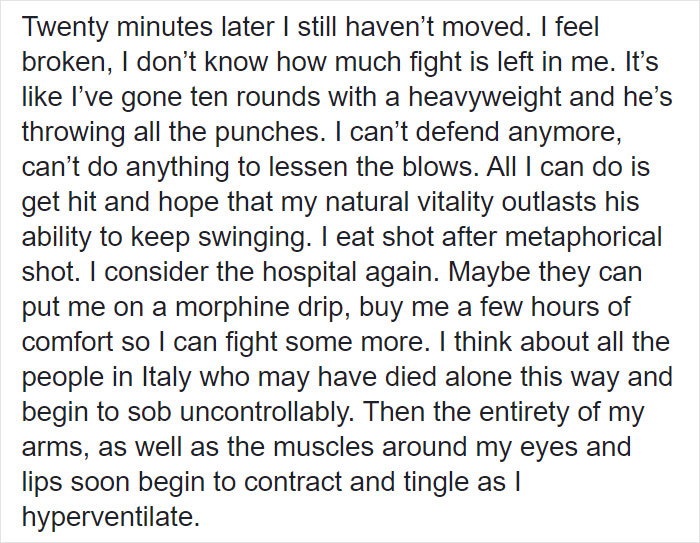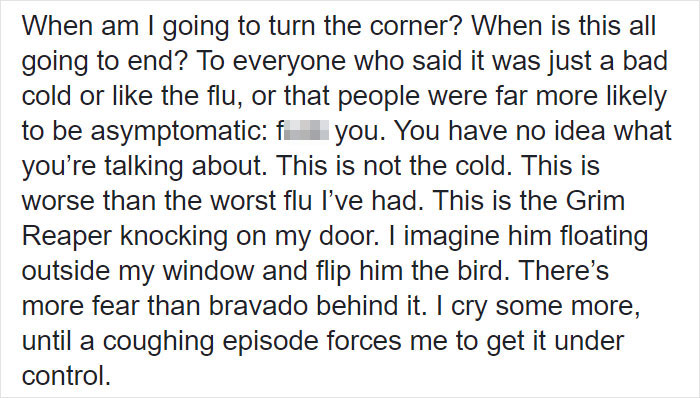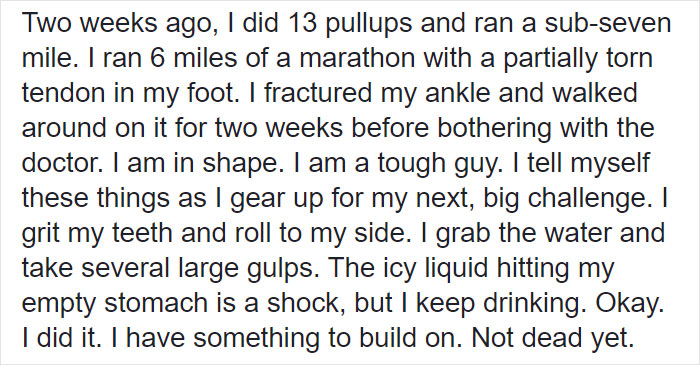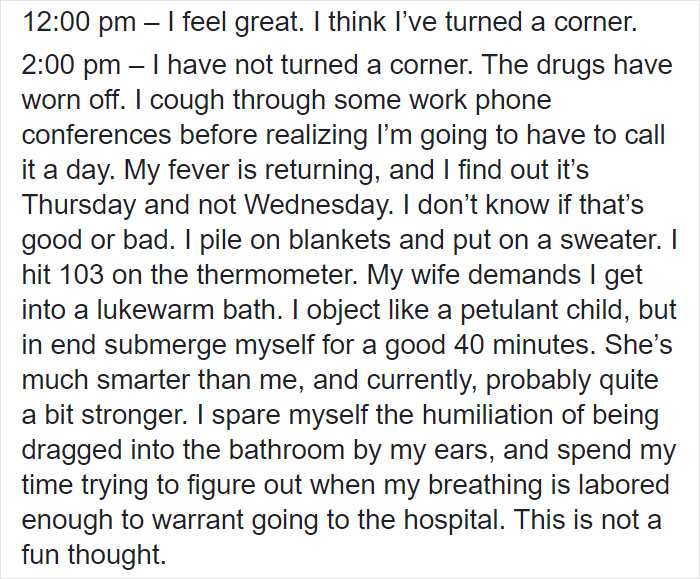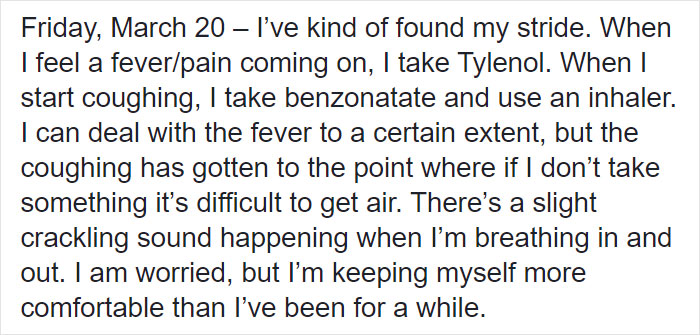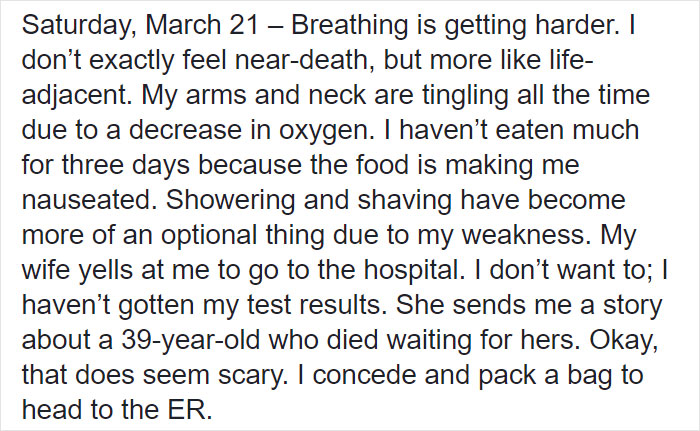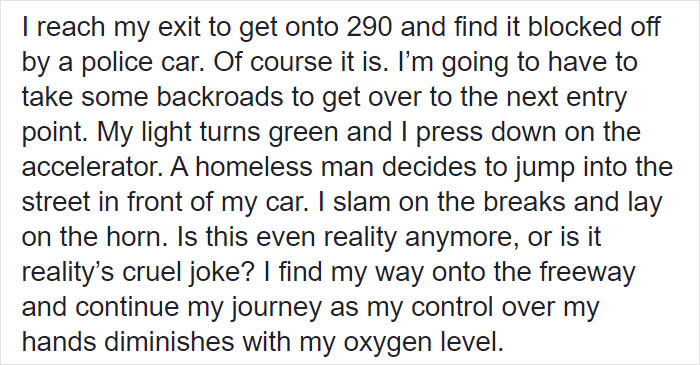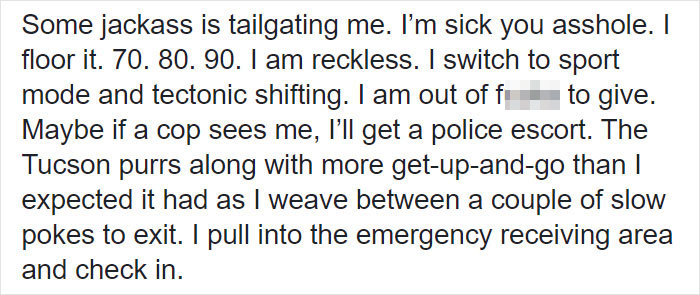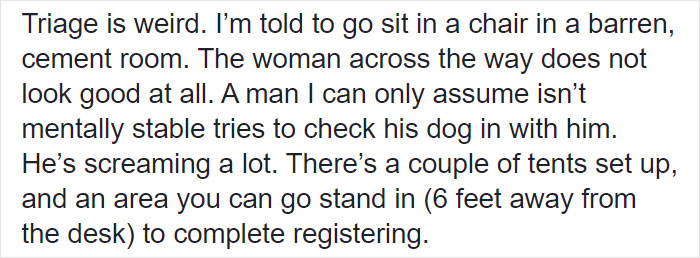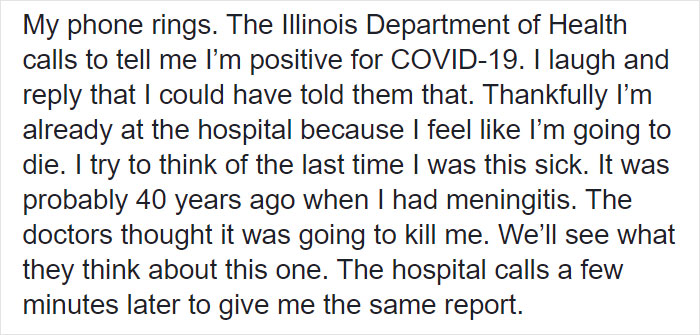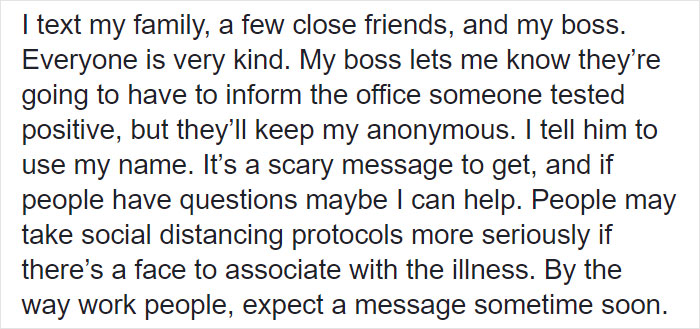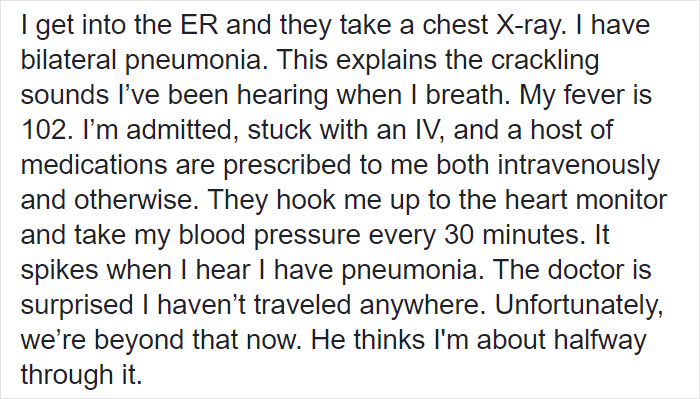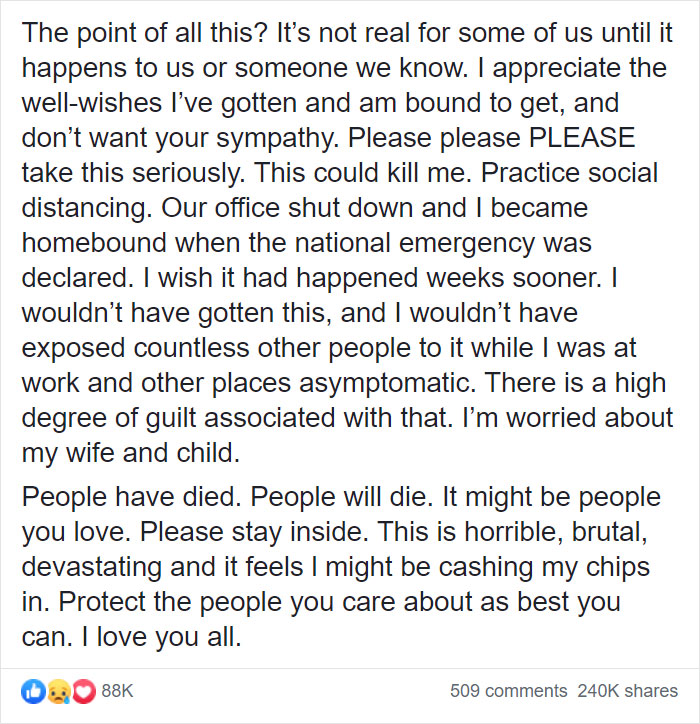Hopes rise for home coronavirus antibody test
3.5 million set to be ordered within weeks
A home finger-prick test for the coronavirus will be offered to millions of people and delivered by Amazon if checks this week show that it works.
Those who have been tested could be allowed back to work if they have recovered and the tests show that they are immune, offering Britain a gradual route out of the lockdown.
If evaluation reveals that the test is accurate, NHS staff would be offered it in the next few weeks, with the general population gaining access online and in pharmacies.
On a day of cautious optimism over Britain's response to the coronavirus crisis the government said it believed that the NHS would just about cope after the imposition of social distancing and a rapid increase in the number of intensive care beds.
Chris Whitty, the chief medical officer for England, said that it would be "a close run thing" but added: "We do think that if everybody sticks to staying in your household unless absolutely essential, this gap [between the number of beds and the number of critically ill patients] will probably be manageable by the NHS."
Among the developments yesterday:
• The scientist whose models precipitated the tougher measures imposed last week said that the death toll could end up being "substantially lower" than 20,000, with most of the fatalities among those who would have died this year anyway.
• NHS chiefs said that they wanted to start testing frontline staff in separate procedures "within days" to avoid those with minor coughs and fevers having to leave work for up to two weeks.
• More than half a million people volunteered to help the NHS in only 24 hours, double the original target.
• The NEC in Birmingham and the Manchester Central Convention Complex will be the next venues converted into makeshift hospitals, among 13 sites to be set up across the country.
• The Department for Work and Pensions is redeploying 10,000 staff and recruiting an additional 1,500 to process the surge in benefits cases as a result of the virus.
• Black cab drivers could be asked to act as a transport service for NHS workers.
• Sir James Dyson has received an order from the government for 10,000 medical ventilators designed by his vacuum cleaner company.
Boris Johnson has described tests that would show whether people had coronavirus as a "total game-changer", enabling people to know once they were no longer at risk of catching or passing on the virus. "We are massively ramping up our testing programmes, buying in huge numbers of tests," he said. The government has ordered 3.5 million testing kits from at least three commercial suppliers. Sharon Peacock, director of the national infection service at Public Health England, told MPs yesterday that validation of the kits was due to be completed this week.
The test looks for key markers of the immune response that the body mounts to fight off the virus. The kits can detect them in a droplet drawn from the fingertip. "Several million tests have been purchased for use. We need to evaluate them in the laboratory, because these are brand new products, to be clear that they work as they are claimed to," Professor Peacock told the science and technology select committee.
"Once they have been tested, and that will happen this week, and the bulk of the tests arrive, they will be distributed into the community in which there will be a mechanism to order a test via Amazon, performed at home and then sent back to see whether they're positive or negative."
Likening the technology to a pregnancy test, she said that it would be simple for people to "read the lines" by eye to know if they had been infected, although another version of the test "might require you to go to somewhere like Boots" to have blood checked.
"If you have antibodies you know that you have the infection. It's not just for key workers, it's for the general population. Over time we're expecting that a proportion of the population would be positive and that would allow them to get back to work," she said. "I would have thought there would be an absolutely minimal charge if there was a charge. Cost should not be a barrier to people having availability of these tests."
Speaking in Downing Street later, Professor Whitty cautioned that the tests would not be available immediately. "I do not think that this is something we'll suddenly be ordering on the internet next week." He said it would be a "dangerous mistake" to rush one into use if it risked wrongly telling people they were immune.
Boots asked people not to go to stores immediately in search of the test.
Jonathan Ashworth, the shadow health secretary, urged Mr Johnson to "outline a national testing plan with NHS and care staff as the priority, alongside clear arrangements for wider community testing. A panicked scramble to buy tests from high street chemists and online is the last thing we need."
Mr Ashworth also called today for co-ordination between nations to distribute tests, protective equipment and any vaccine that emerges, warning: "Unless we have international cooperation we will not defeat this virus."
The first British prisoner to die from the coronavirus was an 84-year-old sex offender, the Ministry of Justice confirmed last night. The man, who was one of the oldest prisoners in the UK, died on Sunday at HMP Littlehey, Cambridgeshire. He is believed to have had underlying health issues.
Analysis
Tests that will reveal how many Britons have had Covid-19 and recovered will be essential to plot a course out of the crisis, scientists have said (Rhys Blakely writes).
The government has been criticised for not doing more testing to discover live virus cases in the early stages of the pandemic, but the focus is now moving towards serological testing. This identifies antibodies that show whether a person has contracted Covid-19 and recovered. Matt Hancock, the health secretary, said on Tuesday that 3.5 million antibody tests had been acquired.
However, there are questions over how the data will be used. The overall level of immunity in the population may dictate when restrictions are released, but could those without antibodies be told to stay in lock-down for longer?
A large-scale antibody testing programme could reveal for how long immunity lasts. It may also answer another unknown: can people who have antibodies still carry the virus and infect others, even if they are protected from falling ill themselves?
"Testing for both the virus and the antibody is going to be a critical part of monitoring the effect of the current restrictions. We need to to be able to answer the question of what level of infection we have in this country," Andrew Preston, reader in microbial pathogenesis at the University of Bath, said.
Q&A
What is the antibody test and how soon does it work?
Tests that look for the virus can only tell you whether your current illness is caused by coronavirus. The antibody test, by contrast, looks for signs in the body's immune system which linger in the blood long after infection. They are likely to show up about a week after you become ill.
When can I get a test
That will depend on whether they are shown to work. The government has ordered 3.5 million antibody tests from at least three suppliers, and the hope is that one of them will be proven accurate next week after evaluation by Public Health England.
Then can I order one on Amazon?
No — the initial stocks will be allocated to researching how many people have the disease without symptoms, as well as to NHS staff and other key workers.
Why do we need to know how many people have it without symptoms?
The answer to this key unknown could make a huge difference to how long restrictions on daily life must continue. It is known that many people who are infected do not get ill and the government is working on the assumption that about half of cases show no symptoms. However, modelling by researchers at the University of Oxford this week suggested that up to half of Britain might already have been unknowingly infected. This would mean "herd immunity" which stops the spread of the virus could come much sooner.
Who will get the test after NHS staff?
This is still being worked out, but it is likely that the roll-out will begin in one region to check that the model of mass home testing works. No timescale has been set for this.
Where does Amazon come in?
The company's logistical capability will be used by the government to send out kits, but the test is unlikely to be available for ordering commercially. Instead, people will be allocated a test which Amazon will help to deliver.
Will I be able to buy one in Boots?
One of the tests being evaluated is not a home kit and would require you to go to a pharmacy. The government is in talks with Boots about how this would be rolled out, but it is not yet available. It is also likely to be allocated centrally rather than be available to buy over the counter.
Why can the government get millions of antibody tests when the existing test is so scarce?
The current antigen test for people with symptoms relies not only on specific machines known as PCR readers, but also availability of swabs and, particularly, chemicals known as reagents. These are in short supply globally, while the antibody kit is more readily available.
Will people have to prove they are immune to coronavirus before they go back to work?
The government has yet to decide whether to take people at their word or insist on the verification of test results, but it acknowledges that this is a key issue to be resolved.





